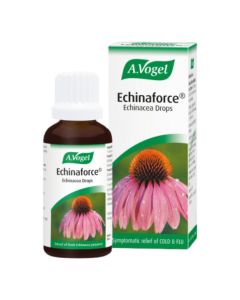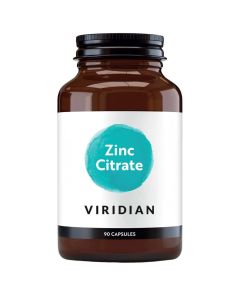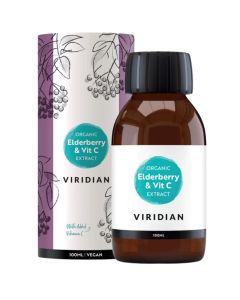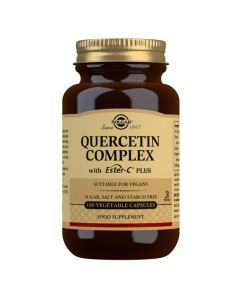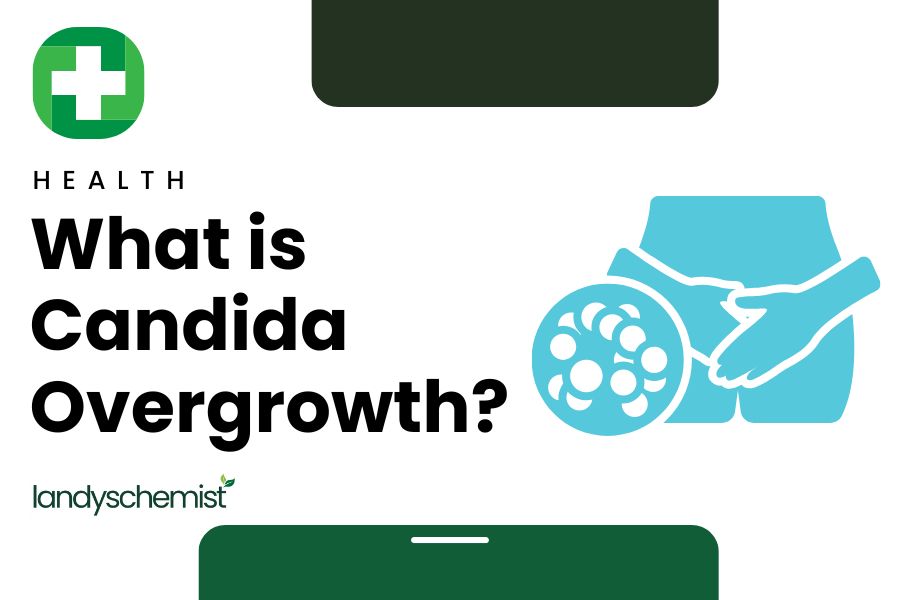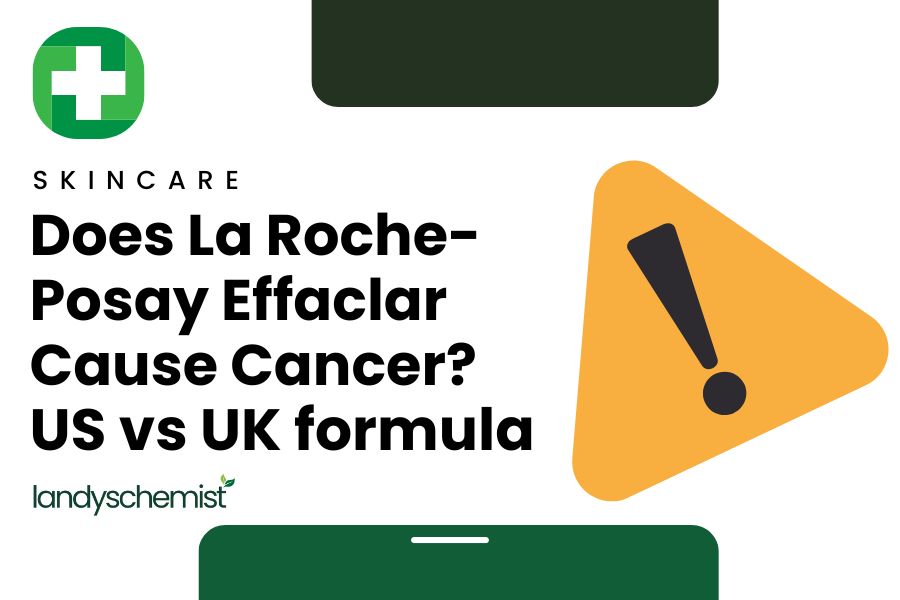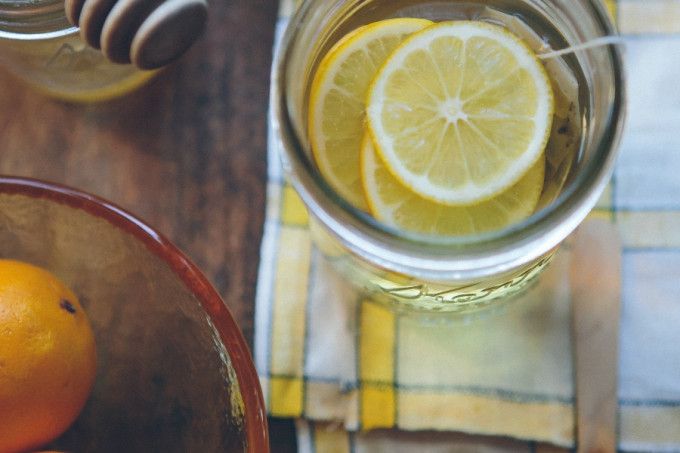
How To Boost Your Immune System During COVID-19
By Panasha Desai, Pharmacist
The COVID-19 pandemic caught the world off guard and has left a lot of people desperately scrambling to boost their immune systems. Whilst COVID testing and our understanding of the virus is improving the treatment of patients, the virus is still a major concern for lots of people. The majority would prefer to avoid contracting COVID-19 because we still don’t have a full understanding of what the long term effects are. Additionionally, vulnerable people are still at a greater risk that contraction could be fatal.
With so many people worrying about the potential for a second wave in COVID-19 cases, we wanted to take a look at the traditional immunity boosting supplements that people use, along with some lesser known supplements. These supplements were the subject of testing earlier this year for their capacity to work as a prophylactic (i.e. something that might reduce your chances of contraction).
Here, we look at the role of supplements in boosting the immune system in relation to COVID-19.
Vitamin C
The go-to immune booster for many, interest in Vitamin C went through the roof between March and May 2020. In fact, demand for Vitamin C supplements were so large that a huge number of suppliers totally ran out of stock.
In June 2020, a medical paper by Dr Adnan Erol concluded that high doses of Vitamin C could help treat those who had recently contracted COVID-19. A Biochemistry pHD, Adam Feyaerts, also confirmed that Vitamin C could be beneficial to those already suffering with COVID-19, and went a step further and suggested that even low doses of Vitamin C might work as a preventative measure that reduces the chances of contracting COVID-19.
However, these findings do come with a caveat. The treatment the paper examined was the administration of Vitamin C intravenously – which could only be done in a hospital. From home, the closest way to replicate this way of taking Vitamin C as a supplement would be with a Vitamin C spray.
Echinacea
When people think about common cold, flu and virus remedies, Echinacea is one of the classic herbal products that comes to mind. Traditionally, it was used by Native Americans but it is now a worldwide phenomenon. In fact, a study in 2011 found that all strains of influenza were sensitive to echinacea.
Despite a large body of evidence suggesting that Echinacea reduces the severity and duration of upper respiratory infections there haven’t been any studies published yet which look specifically at the effect of Echinacea on COVID-19.
Zinc
Zinc is another hugely popular, traditional mineral which helps boost the immune system. Zinc has a really strong antiviral function and deficiencies in Zinc can commonly lead to a variety of different types of viral infections.
A group of doctors and pHDs in Germany observed that many of the groups considered at risk from COVID-19 were also groups that traditionally tended to suffer from Zinc deficiencies. Another group of scientists went a step further and suggested that Zinc would help to either treat COVID-19 or help reduce the chances of people contracting it.
Zinc supplementation may be a viable way of curbing the development or even contraction of the COVID-19 virus.
Elderberry
Elderberry is a really popular immunity booster based on traditional use. Elderberry contains compounds which make it harder for viruses to infect healthy cells. In addition, elderberry has been tested on patients with the flu and it has been found to reduce the length of symptoms.
Quercetin
Quercetin is a less traditional immunity product. It is a plant pigment found in many plants from apples and berries to Ginkgo biloba and St. John's wort. Quercetin is known to have 'a wide range of biological actions including anti-carcinogenic, anti-inflammatory and antiviral activities'. It is often used to help people cope with hayfever.
Since Quercetin plays a very strong role in the immune system, scientists have looked to determine whether it could help reduce the chances of contracting COVID-19, with some encouraging results.
A paper, from March 2020, suggested that Quercetin was amongst the best natural inhibitors of COVID-19 from a range that they tested in comparison with prescription medicines. In May 2020, a clinical trial in Turkey reported that Quercetin supplementation had had a very positive impact on both those that were using it as a prophylactic and for those already infected.
Though not very well known, Quercetin supplements are readily available, often in combination with other immune supporting vitamins and minerals, such as Ester-C – considered a better form of Vitamin C.
Resveratrol
Resveratrol is another product that isn’t commonly considered a traditional herbal immunity product. It is produced by plants, often in response to injury, and is a strong antioxidant. There are numerous sources of Resveratrol, such as mulberries and peanuts. It is also found in the skin of grapes, making it the part of red wine that is good for you.
In February 2017, a study by a group of Chinese scientists found that Resveratrol resulted in a significant reduction of Middle East Respiratory Syndrome coronavirus (MERS-CoV) – a strain of COVID similar to COVID-19. Additionally, the study found that for those infected, the virus spread less extensively and it also found that cells within the body that did get infected survived much longer.
Resveratrol supplements are readily available if you want to add it to your balanced nutritional intake.
There are so many ways to support and boost the immune system this winter. All the nutrients discussed in this article can be used safely in combination with one another. If you are especially worried about the coronavirus then you may wish to combine a traditional treatment, like Zinc, with a less traditional one, like Quercetin.
Disclaimer
The products offered are not intended to diagnose, treat, cure, or prevent any illness or disease, or to replace the advice of a medical professional. Results are not guaranteed and may vary from individual to individual.

